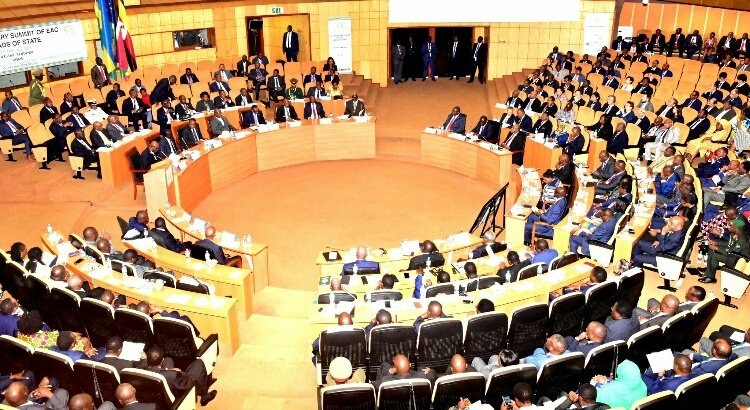According to the 20th Ordinary Summit of Heads of State of the East African Community joint communique on Friday, the summit received President Yoweri Museveni, the former chair’s of the EU-EAC progress report on the EPA and decided on the engagement of the matter.
“To get more clarification on the pertinent issues of concern. Thereafter, partner states who wish to, may or may not sign the EPA,” read part of the communique.
Read: ‘Africa – Europe Alliance’ Deal to Create 10Mn Jobs in Five Years
The European Union (EU) and the East African Community (EAC) finalised their Economic Partnership Agreement (EPA) on October 16, 2014.
To comply with the rules of the World Trade Organisation, the EAC countries committed to increase the share of their duty-free imports to 80% over the coming 15 years.
Beyond the elimination of customs duties, the agreement covers important issues, such as free movement of goods, cooperation on customs and taxation, and trade defence instruments, which mirror the effort of the EAC to strengthen its customs union and to set up an effective internal market.
September 2016, Kenya and Rwanda signed the Economic Partnership Agreement with the European Union (EU) in Brussels, Belgium.
#Kenya & #Rwanda, who signed the #EPA with the EU this morning, are the firsts @jumuiya partner states to sign. pic.twitter.com/FlQe8fgLbQ
— Olivier J.P. Nduhungirehe (@onduhungirehe) September 1, 2016




